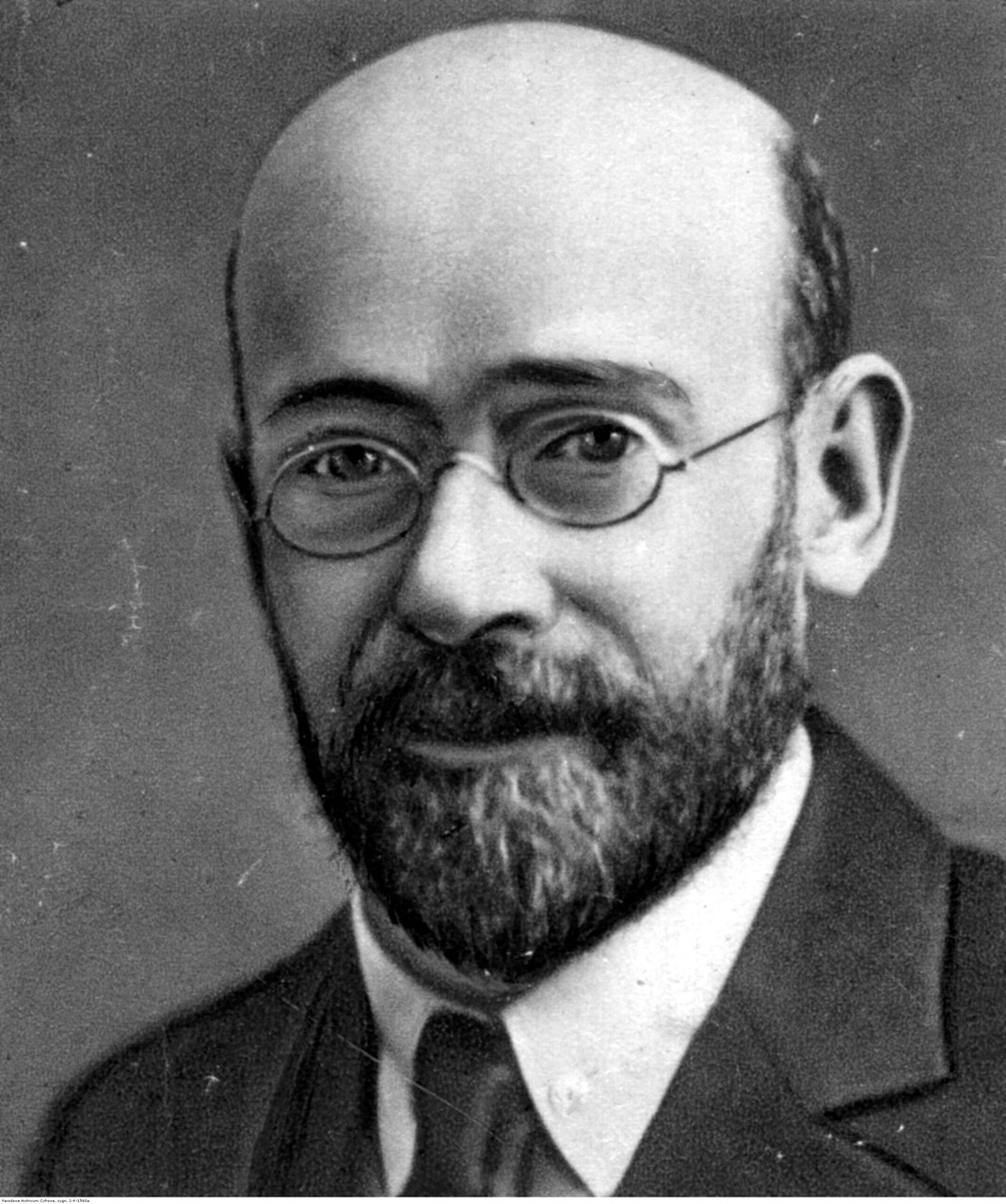Janusz era un ebreo polacco, il cui vero nome era Henryk Goldszmit, e proveniva da una famiglia di Varsavia moderatamente ricca. Dopo essersi laureato in medicina, si impegnò nell'assistenza ai bambini. Assunse un lavoro come insegnante e fece volontariato in una sala di lettura per bambini, mentre durante l'estate organizzava attività per i bambini ebrei. Scrisse anche libri sull'educazione e l'igiene. Come medico, lavorò in un ospedale pediatrico di Varsavia e, a poco più di 30 anni, decise di dedicare la sua vita al lavoro con i bambini e di non farsi una famiglia propria.
Durante la guerra polacco-bolscevica del 1919-1921, si arruolò nell'esercito polacco e prestò servizio come medico militare. Tuttavia, fu il periodo tra le due guerre a rappresentare l'apice della carriera di Janusz. Lavorò in molte organizzazioni nazionali e internazionali dedicate ai bambini e organizzò corsi per infermieri. Lavorò anche come educatore presso la Casa degli Orfani, di cui fu cofondatore, e curò e scrisse su giornali per bambini e ragazzi, tra cui la Little Review. Lavorò in tribunale come esperto di casi di bambini.
Quando scoppiò la Seconda Guerra Mondiale e i nazisti entrarono in Polonia, Janusz continuò a lavorare alla Casa degli Orfani, organizzando per loro cibo e campi estivi. Nel 1940, i bambini dell'orfanotrofio furono trasferiti nel ghetto. Janusz fu arrestato, ma dopo qualche settimana di prigione tornò dai suoi allievi per organizzare l'insegnamento segreto nel ghetto, oltre a spettacoli e favole per i bambini. L'ultimo spettacolo fu rappresentato il 18 luglio 1942. Durante questo periodo scrisse un diario. Un mese prima della sua morte scrisse:
Quando, nelle ore di stanchezza, ho soppesato il progetto di mettere a morte, addormentare i neonati e gli anziani condannati del ghetto ebraico, l'ho inteso come un omicidio contro i malati e i deboli, come un omicidio furtivo contro l'inconscio.
In un'altra parte del diario, si chiedeva profeticamente:
Dopo la guerra, le persone non potranno guardarsi negli occhi per molto tempo, per non sentirsi chiedere: come è successo che sei vivo, che sei sopravvissuto?
Il giorno del compleanno di Janusz, i nazisti iniziarono la loro operazione di sterminio del ghetto di Varsavia. Il 6 agosto 1942, le forze tedesche fecero marciare oltre 200 reparti della Casa per Orfani, insieme ai dipendenti dell'istituto e a Janusz. La marcia dei bambini affamati e malati verso la Umschlagplatz (la zona di carico) durò diverse ore. Janusz camminava in mezzo a un gruppo di bambini, portandone uno in braccio e altri tenendolo per mano. Furono tutti uccisi nel campo di Treblinka.
